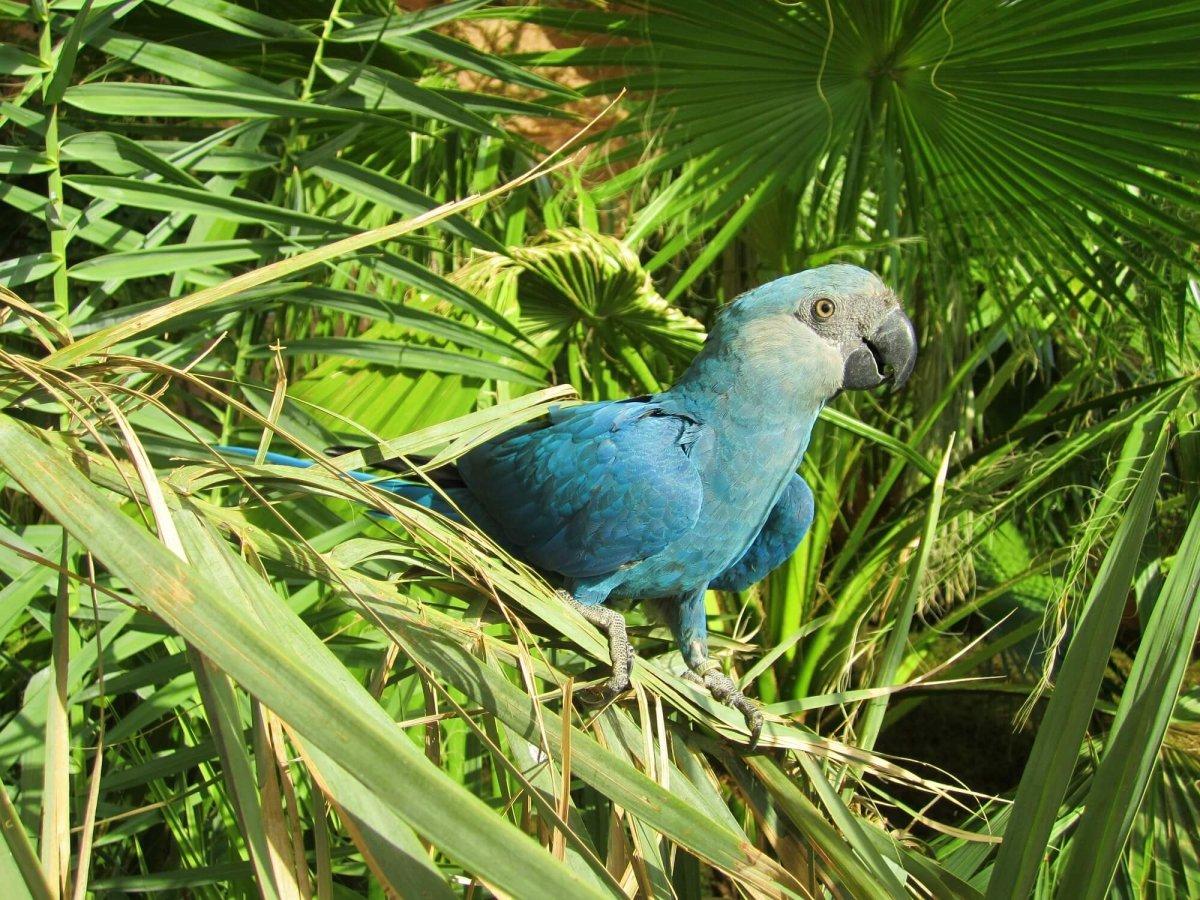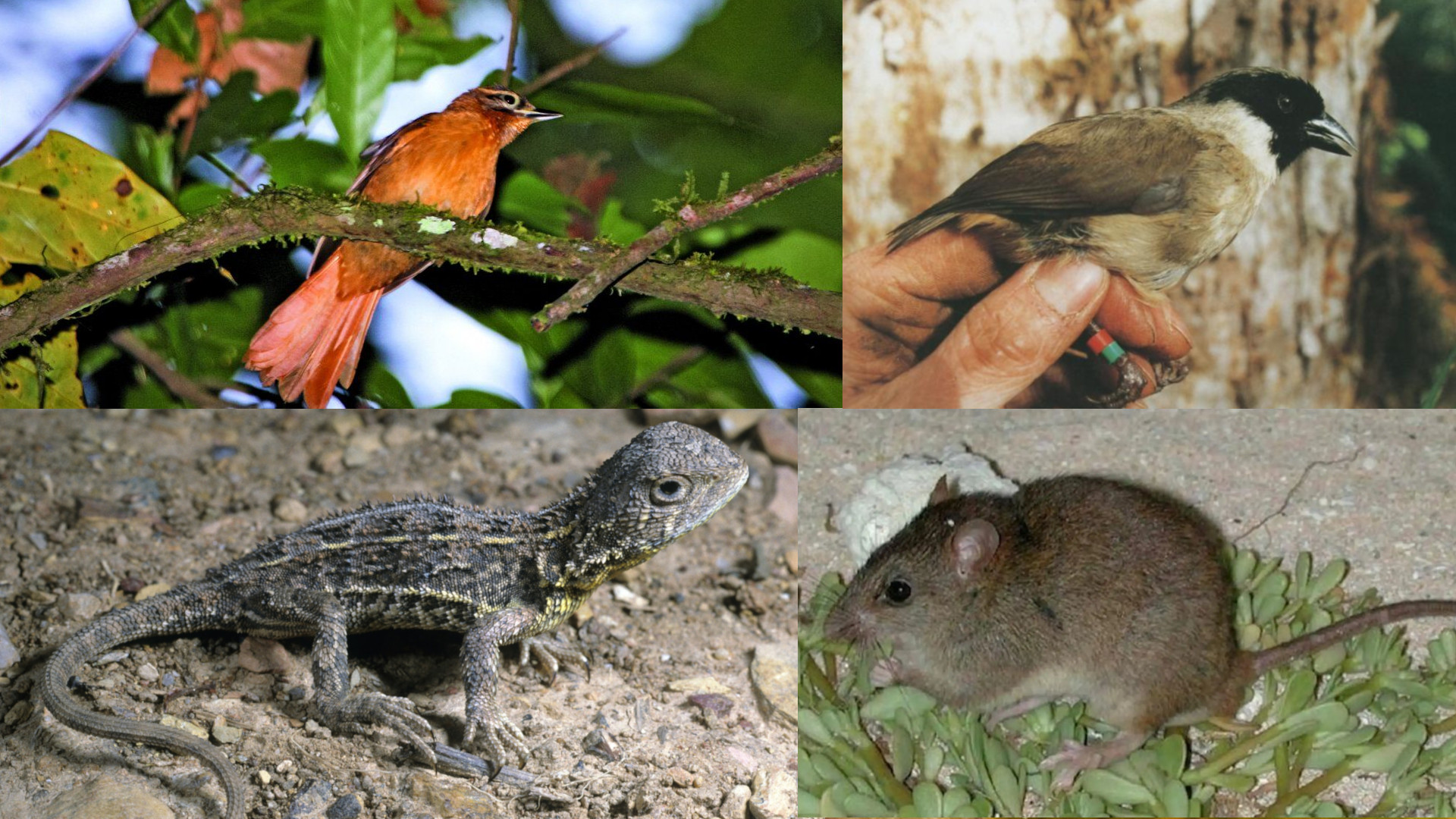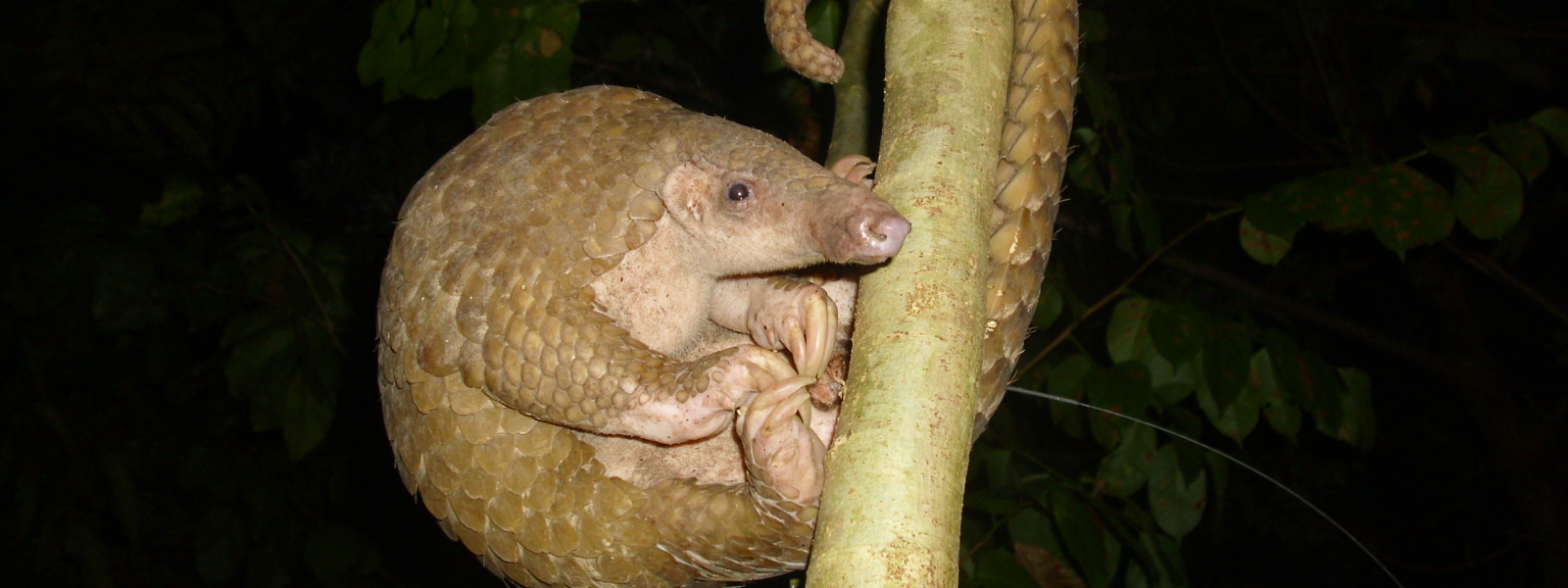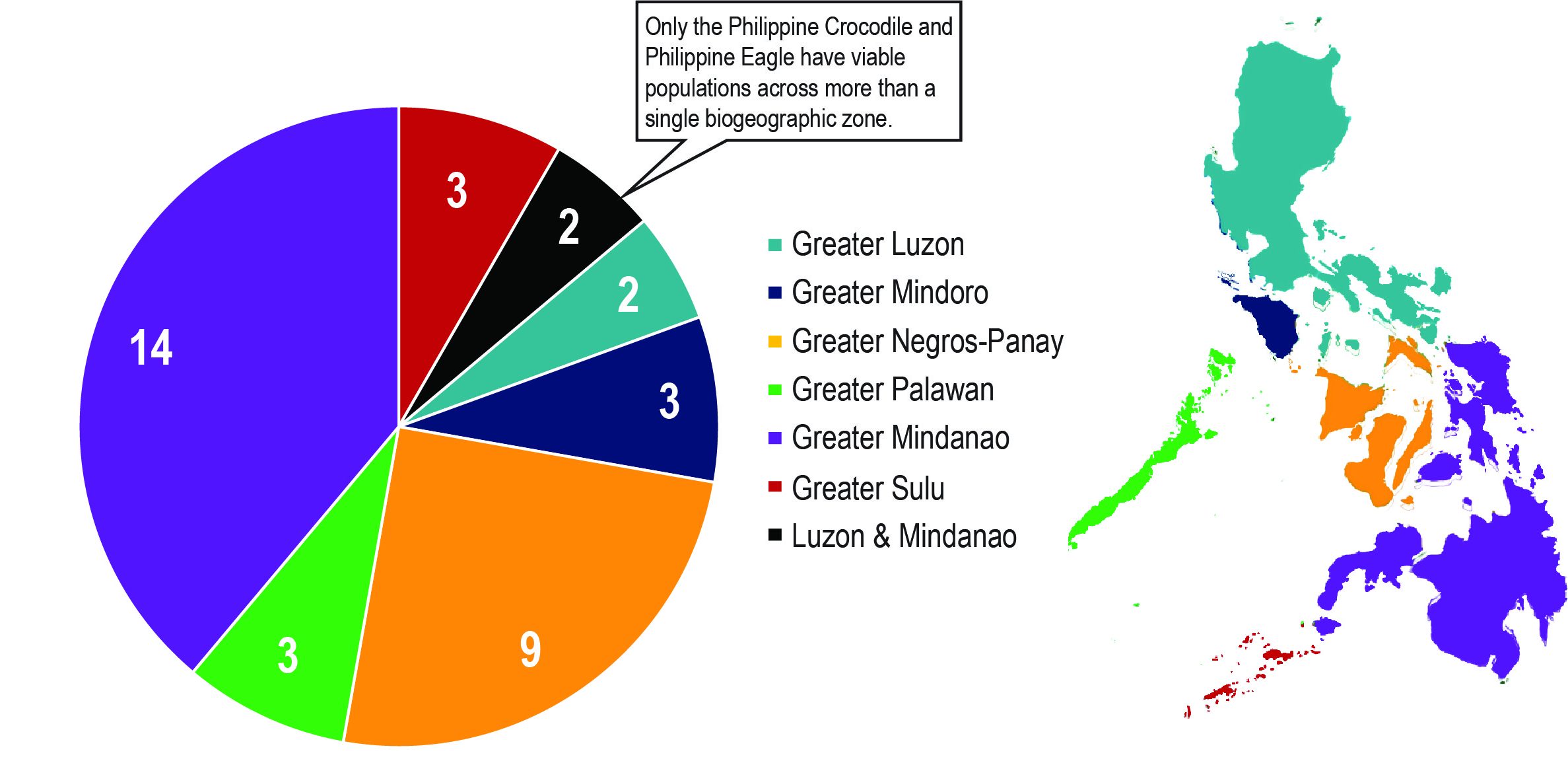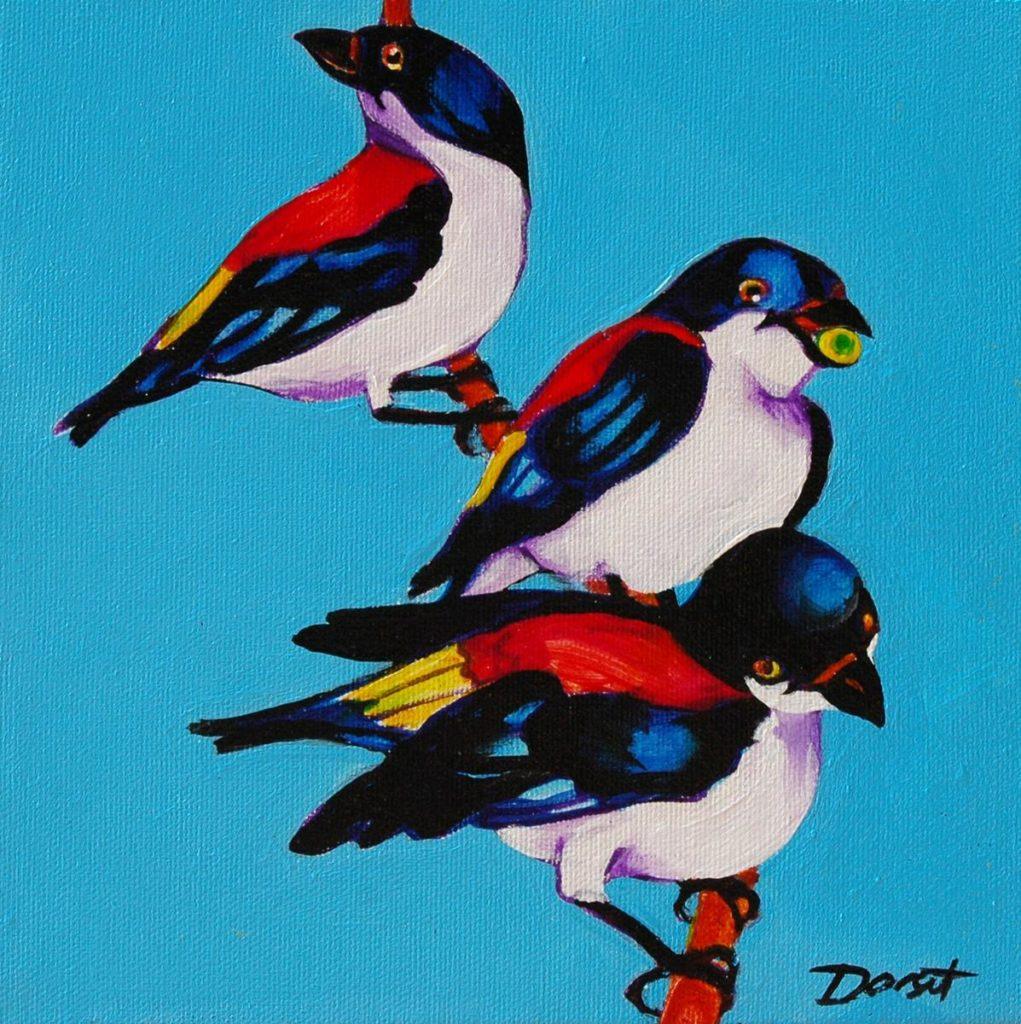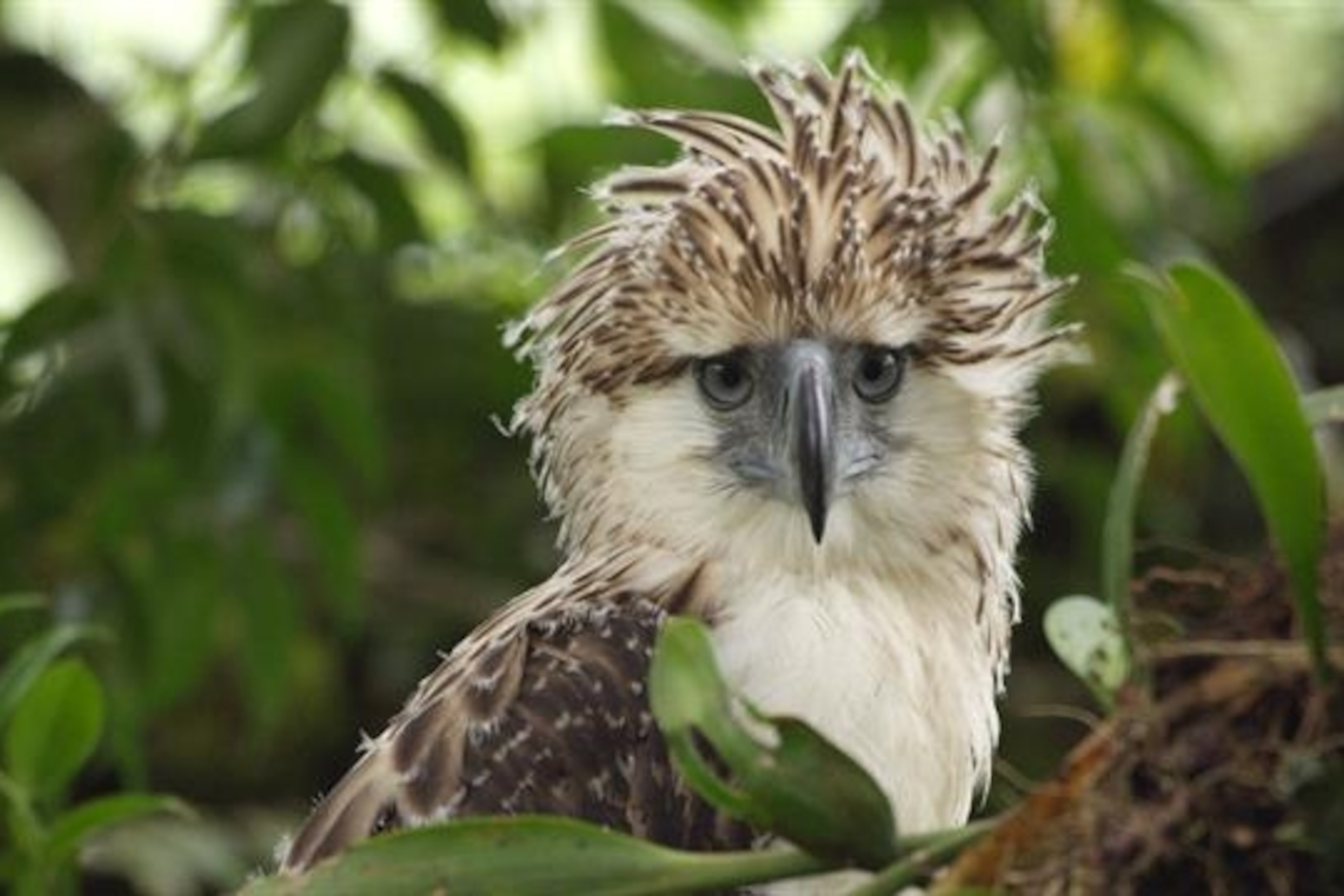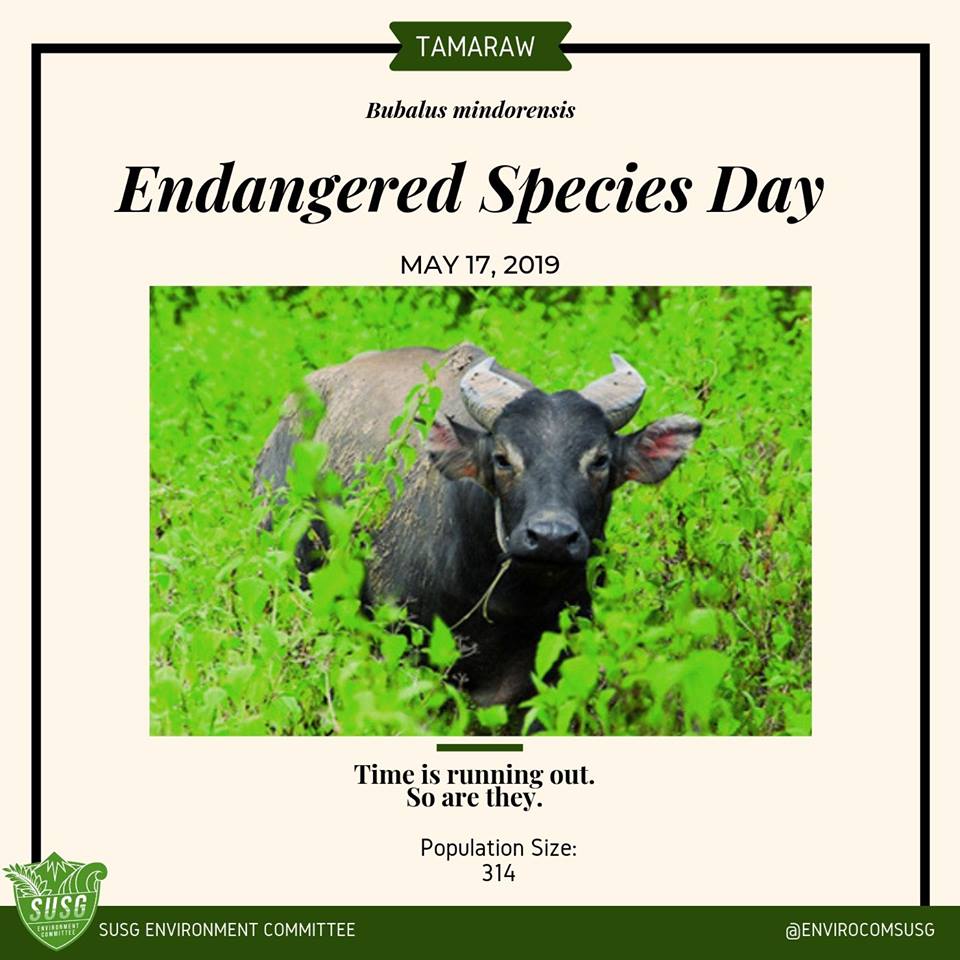Extinct Animals 2019 Philippines

This article lists the top 50 critically endangered animals in the philippines.
Extinct animals 2019 philippines. Some of the most famous extinct animals of recent times have been birds--but for every Passenger Pigeon or Dodo theres a much bigger and much lesser-known casualties like the Elephant Bird or the Eastern Moa and many other species remain endangered to. Overfishing pollution loss of habitat. It was declared extinct in the 1920s only to be spotted throughout the 1940s.
According to the International Union for Conservation of Nature IUCN Red List of Threatened Species the freshwater crocodile also known as the Mindoro crocodile is considered the most threatened among all Philippine reptiles. Passenger Pigeon They were no. In fact a number of resident species which are cultivated or hunted as food may be heading to extinction like the critically endangered tamaraw and the Visayan warty pig.
The last specie was killed by a falling tree in 2000 in Spain. Gone are the wild elephants rhinoceroses and tigers of the Philippines. In 2019 the bird known as the Little Blue Macaw because of its vibrant blue feathers was declared extinct in the wild.
In the 1950s it was again presumed extinct so naturally its still seen today. Most plant and animal species last around 10 million years before disappearing. MANILA Philippines With international support the Philippine species of otters butterflies geckos and wedgefish are now among the animals listed as threatened with extinction.
Photo lifted from One Kind Planet. 10 extinct animals of the last 100 years. 5 Ivory-Billed Woodpecker.
Pyrenean Ibex From 50000 count historically it fell down to 100 in early 1900s to which the cause of its disappearance was still unknown. Among the critically endangered is the tamaraw Philippine spotted deer Visayan spotted deer dugong Visayan warty pig Philippine eagle Peregrine falcon Sulu hornbill Philippine cockatoo. These helpless animals going extinct soon will completely go extinct until the end of 2020 if we dont take a firm step for their conservation.
